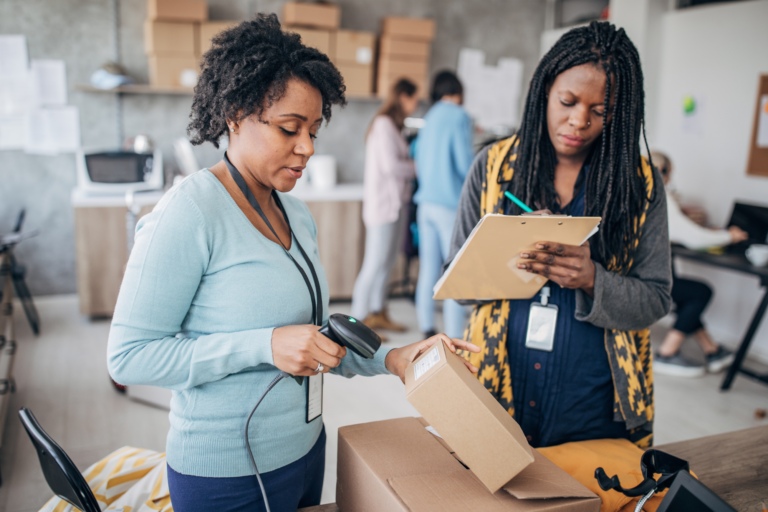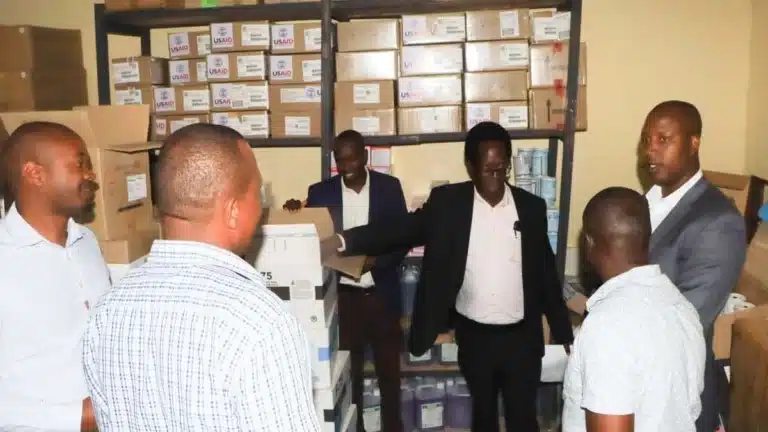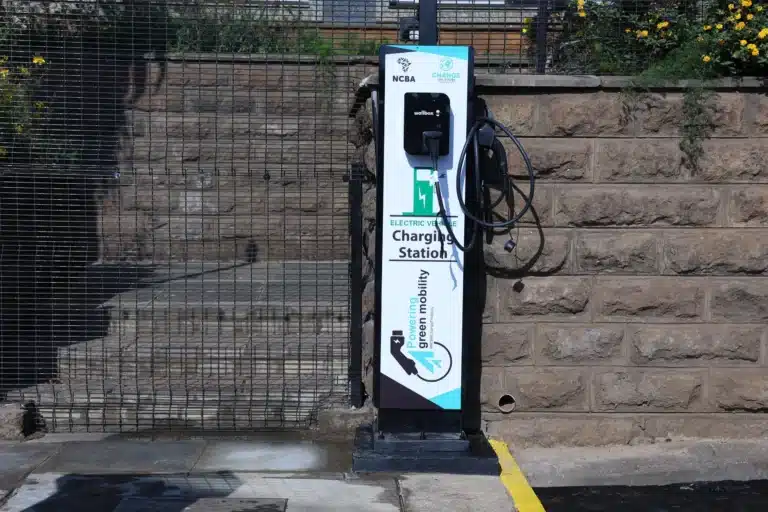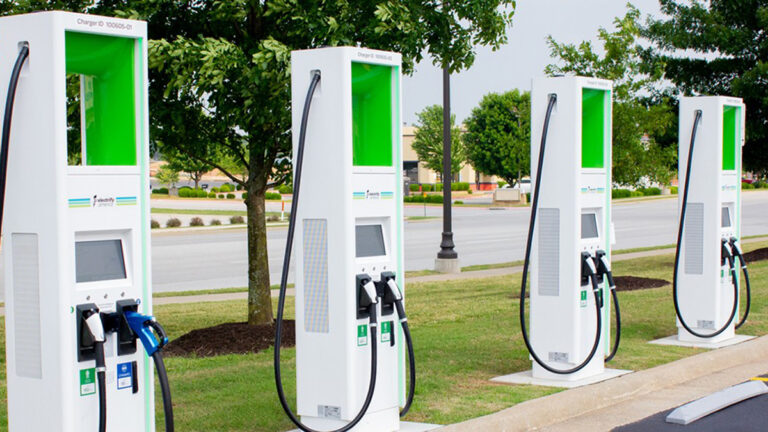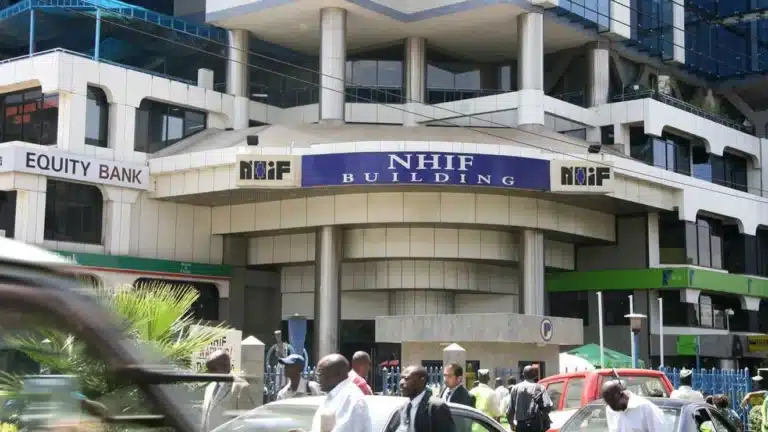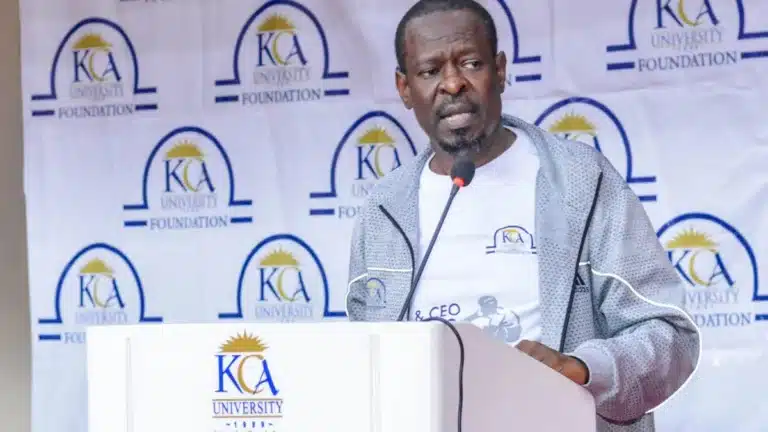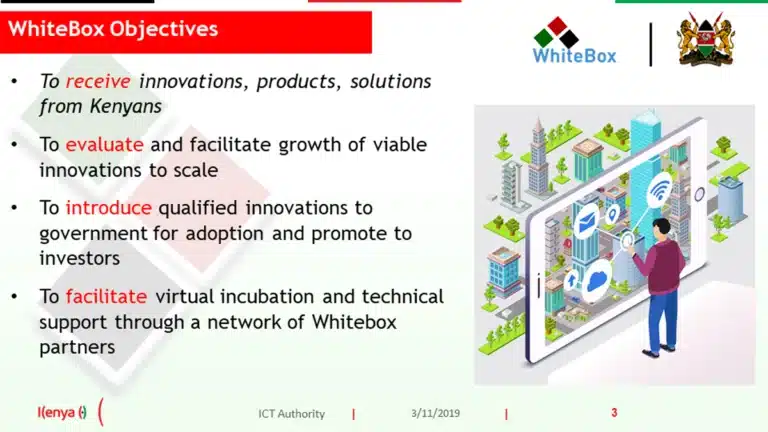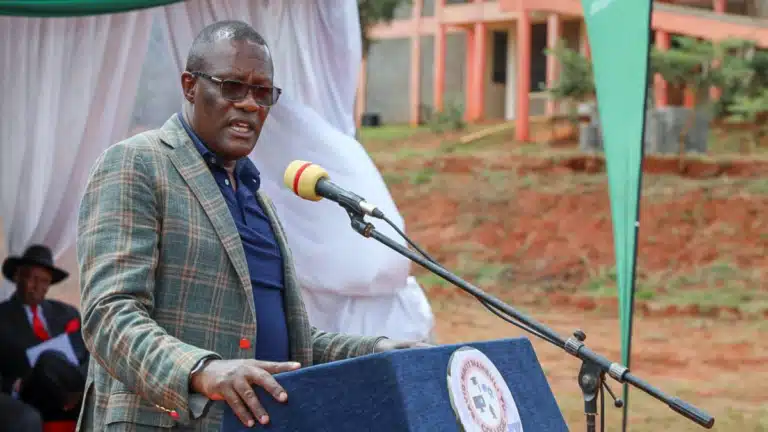Moving to a new home can be an incredibly exciting yet stressful experience, especially when it comes to transporting your valuable gadgets. Whether you’re shipping laptops, tablets, smartphones, or other electronic devices, ensuring their safe arrival is paramount. Here’s a comprehensive guide to help you ship your gadgets securely to your new home.
- Create an Inventory
First, start by creating a detailed inventory of all the gadgets you plan to ship. This list should include each device’s make, model, serial number, and condition. Having an inventory helps you keep track of your items and is essential for insurance purposes.
- Backup Your Data
Before packing your gadgets, back up all important data. Use external hard drives, cloud storage, or other backup solutions to ensure your data is safe in case of damage or loss during transit. This step is crucial for smartphones, laptops, and tablets that contain personal and sensitive information.
- Gather Packing Supplies
To pack your gadgets securely, you’ll need the following supplies:
- Sturdy cardboard boxes
- Bubble wrap or foam padding
- Anti-static packing materials
- Packing peanuts or crumpled paper
- Ziplock bags for small accessories
- Packing tape
- Labels and markers
- Original Packaging
If possible, pack your gadgets in their original packaging, which is designed to provide maximum protection. Original boxes have custom inserts that fit the device snugly and offer excellent cushioning.
- Seal and Label Boxes
Seal each box securely with packing tape. Label the boxes with their contents (e.g., “Laptop,” “Tablet,” “Smartphone”) and mark them as “Fragile” and “Handle with Care.” Additionally, write your name, new address, and contact information on the boxes to ensure they can be returned to you if lost.
- Choose the Right Shipping Service
Finding and selecting the right shipping service for what you need is crucial for the safe delivery of your gadgets. Consider the following options:
- Courier Services: Companies like FedEx, UPS, and DHL offer specialized shipping for electronics with tracking and insurance options. Check out shiply.com to easily compare courier services in your area.
- Postal Services: USPS provides various shipping options, including insured and tracked services for added security.
- Professional Movers: If you’re hiring a moving company, ensure they have experience in handling electronics and offer insurance coverage.
- Insure Your Shipment
Accidents can happen, so it’s wise to purchase insurance for your gadgets. Most shipping companies offer insurance based on the declared value of your items. Having insurance provides vital peace of mind and financial protection in case of damage or loss.
- Track Your Shipment
Take advantage of the tracking services provided by your shipping company. Monitoring your shipment’s progress allows you to anticipate its arrival and address any issues promptly.
- Inspect Upon Arrival
Once your gadgets arrive at your new home, inspect each item carefully for any signs of damage. If you notice any issues, document them with photos and contact the shipping company immediately to file a claim.
Conclusion
Shipping your gadgets to your new home securely requires careful planning and attention to detail. By creating an inventory, using appropriate packing materials, and choosing a reliable shipping service, you can ensure your electronic devices arrive safely. Backing up your data and insuring your shipment provides added protection and peace of mind. With these steps, you’ll be well-prepared to enjoy your gadgets in your new home without any hassles.

